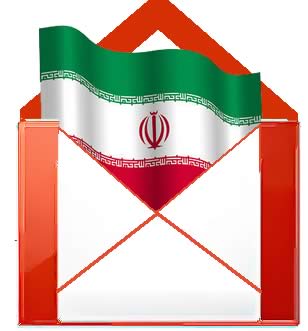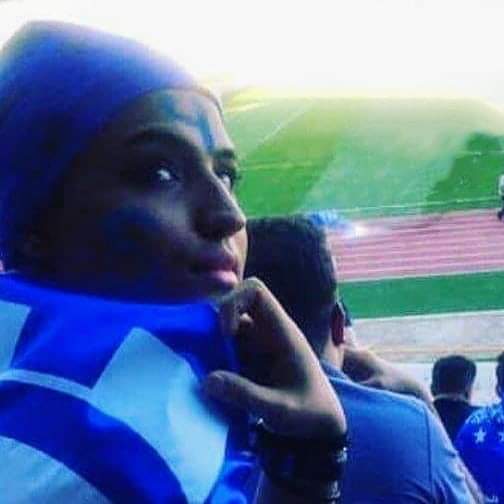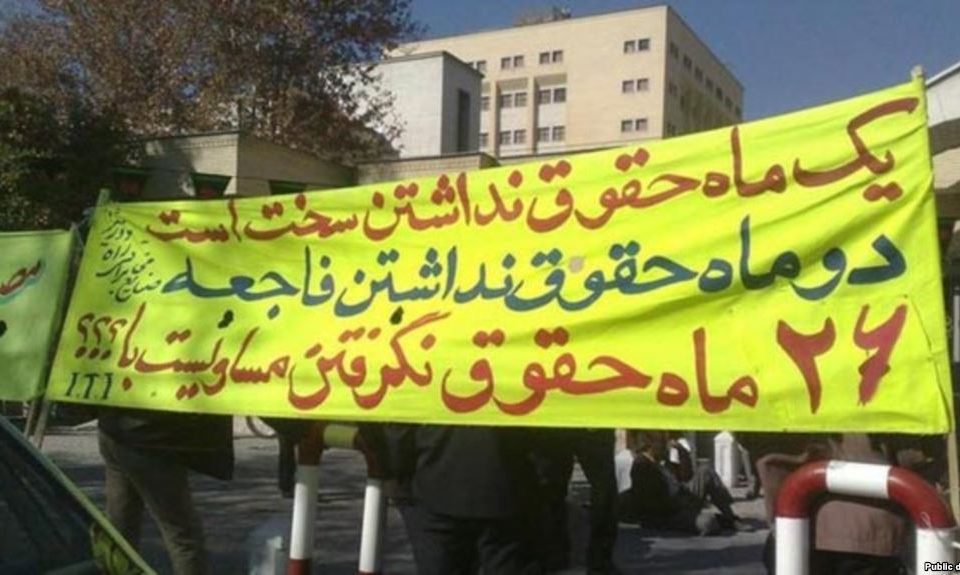
You don’t have to pay for protection
August 29, 2011
Man in the Middle: Google Becomes Dangerous in Iran
August 30, 2011The International Campaign for Human Rights in Iran is reporting that opposition leader, Mehdi Karroubi has been isolated from family and friends for more than a month now and is being forced to make a false confession:
A credible source from inside Iran has told the Campaign that “Karroubi is surrounded by a team of psychiatrists working with his captors to force his mental state into agreeing to appear in front of cameras and make televised ‘confessions.’”
“We are extremely concerned for the health and well-being of Karroubi, who is 74 years old, and no one has heard from him for six weeks, not his wife, any family or associates,” said Hadi Ghaemi, the Campaign’s spokesperson.
The depletion of Lake Orumieh in Western Iran is causing protest throughout the country. Radio Free Europe reports that over 30 activists have been arrested in Iran. More can be learned at Persian2English.
It has been announced that 100 political prisoners will be released in Iran. Tehran Bureau comments:
In a sense, if a limited number of political prisoners are to be released, it may perhaps be better if the lesser-known ones are freed, because they receive the least amount of attention, or none at all, from domestic activists, the supporters of the Green Movement, and international human rights organizations. Kaleme, the website that reflects the views of Mir Hossein Mousavi, has always emphasized publicizing the plight of such prisoners.
Vali Nasr warns of the possibility of sectarian violence in his opinion piece If the Arab Spring Turns Ugly:
The turn of events in Syria is particularly important, because Sunnis elsewhere see the Alawite government as the linchpin in the Shiite alliance of Iran and Hezbollah. The Alawite-Sunni clash there could quickly draw in both of the major players in the region and ignite a broader regional sectarian conflict among their local allies, from Lebanon to Iraq to the Persian Gulf and beyond.
The specter of protracted bloody clashes, assassinations and bombings, sectarian cleansing and refugee crises from Beirut to Manama, causing instability and feeding regional rivalry, could put an end to the hopeful Arab Spring. Radical voices on both sides would gain. In Bahrain, Lebanon, Syria and Iraq, it is already happening.





